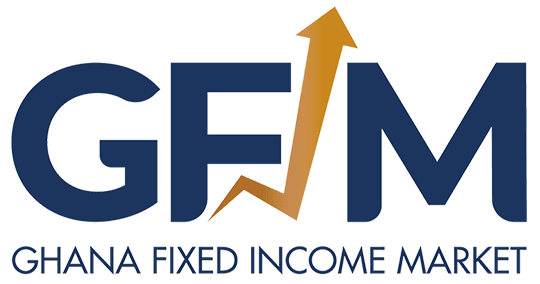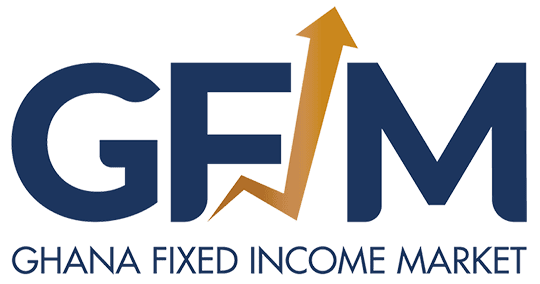
Ghana’s fixed income market saw concentrated activity in state-backed corporate paper on Wednesday, with a single Ghana Cocoa Board bond drawing 77.7 million cedis in trades.
The 2028-maturity debt instrument overshadowed sovereign trading as investors navigated fiscal headwinds flagged hours earlier by the World Bank.
You’d find the Cocoa Board’s 13% note maturing August 2028 accounting for nearly half of all corporate bond volumes, settling at 76.92 cedis on the dollar. The trade came alongside smaller movements in Bayport Savings and Letshego Ghana securities. Sovereign activity centered on short-dated paper, including 200,662 cedis of an 18.3% government bond due March 2026 and 15,000 cedis in 182-day treasury bills.
The liquidity surge arrives as Ghana balances World Bank praise for 5.3% first-quarter growth against warnings of slowing momentum. Robert Taliercio’s morning call for “non-negotiable fiscal discipline” appeared to resonate in pricing—three actively traded government bonds saw yields between 15.52% and 16.74%, reflecting persistent inflation concerns.
Market watchers note the Cocoa Board’s prominence underscores investor focus on export-reliant issuers amid volatile commodity prices. With treasury bill volumes exceeding 54 million cedis across 91-day to 364-day tenors, the appetite for shorter-term government debt remains robust despite fiscal uncertainties.
